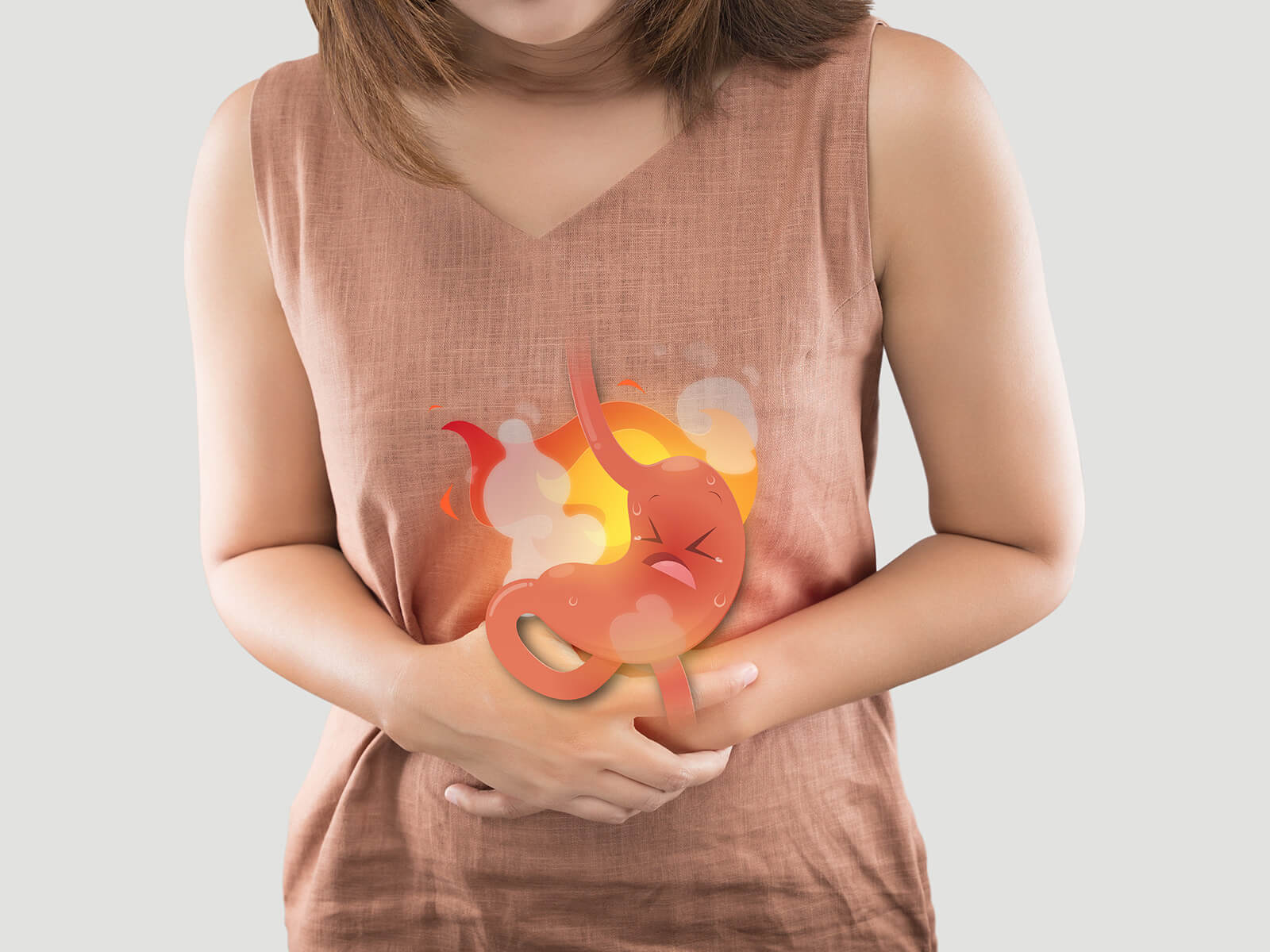
Peptic ulcer disease (PUD) occurs when ulcer (open) holes appear in the stomach lining or the duodenum (the first section of the small intestine). The occurrence of these sores is caused by a loss of balance between stomach acid and protective mucus—most commonly as a result of a Helicobacter pylori infection or from high usage of NSAIDs, such as aspirin and ibuprofen. Without treatment, ulcers may cause pain and lead to complications.
In the beginning, there may be no symptoms. As the ulcer progresses, you might experience:
A number of factors may put you at risk of developing peptic ulcers:
At GastroDoxs, our board-certified gastroenterologists in Houston specialize in the diagnosis and management of peptic ulcer disease. Our services include rapid and precise testing (including endoscopic imaging), customized therapies such as H. pylori eradication and acid-control treatment, and continuous follow-up to prevent recurrence. There’s no need to wait until you feel better—book your appointment today and take the first step toward long-term digestive healing and health.
We've successfully treated more than 1.5K patients, helping individuals improve their digestive health and overall well-being through expert, personalized care.
With over 20 years of experience, GastroDoxs has been a trusted provider of gastroenterology care, focusing on delivering the best outcomes for patients
A primary method of diagnosing peptic ulcer disease is through an upper endoscopy, which allows direct visualization of ulcers. Additional tests may include blood, stool, or urea breath tests to detect H. pylori infection.
The ICD-10 codes for peptic ulcer disease range from K25 to K28. The specific code varies depending on the ulcer’s location (gastric, duodenal, or gastrojejunal) and whether bleeding or perforation is present.
Stress itself does not directly cause ulcers, but it can worsen symptoms and delay healing. The primary causes remain H. pylori infection and NSAID use.
Gastritis refers to inflammation or irritation of the stomach lining, often without a visible sore. Peptic ulcer disease, however, involves an actual open sore in the stomach or small intestine lining.
Yes. During an endoscopy, your doctor can take high-resolution images of any ulcers present and review them to guide diagnosis and treatment.
Most uncomplicated ulcers heal within 4–8 weeks when treated appropriately, using antibiotics for H. pylori and acid-blocking medications.
You can lower your risk by avoiding long-term NSAID use, quitting smoking, limiting alcohol, and getting tested and treated early for H. pylori infection.
Surgery is rarely needed today and is reserved for severe, life-threatening complications such as uncontrolled bleeding, perforation, or obstruction.
Avoid foods and drinks that increase acid or irritate the stomach lining—such as spicy dishes, citrus fruits, caffeine, carbonated beverages, and alcohol.
GastroDoxs in Houston has board-certified gastroenterologists who specialize in peptic ulcer disease. Contact us to schedule your consultation.